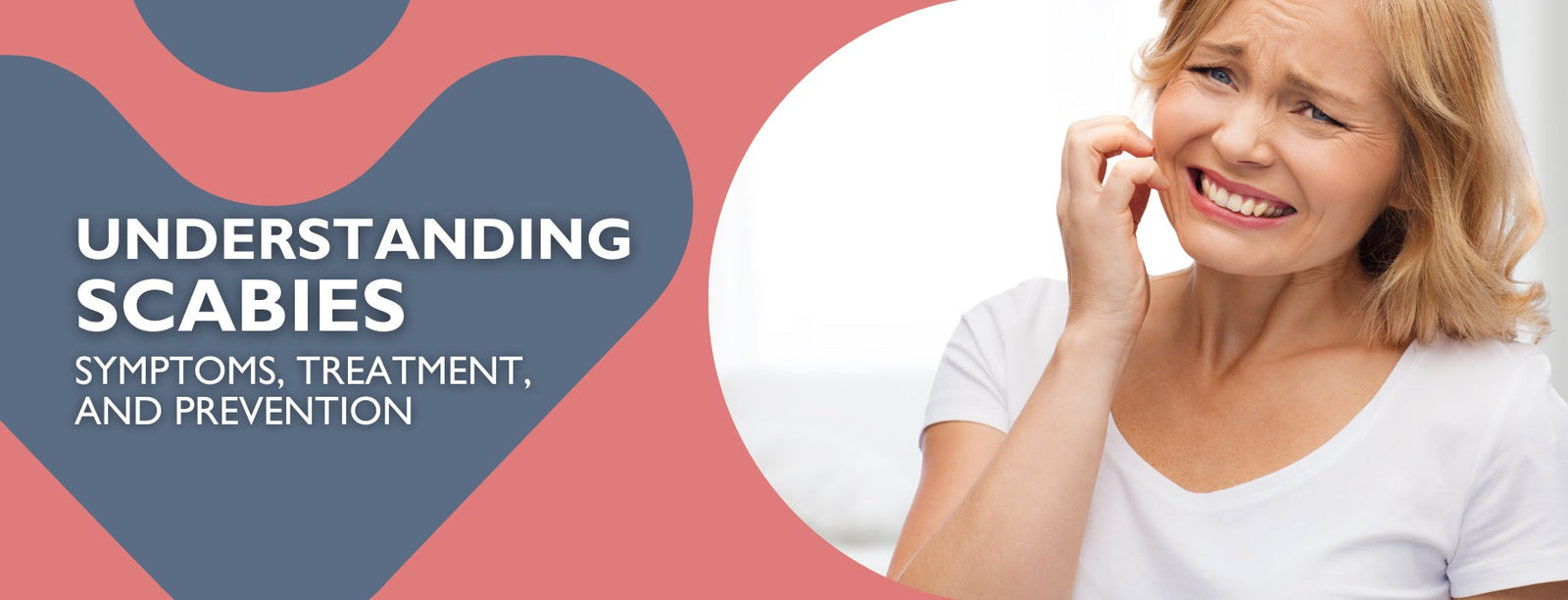If you’re dealing with intense nighttime itching, raised rashes, or tiny red spots, scabies could be the culprit. Scabies is a common, highly contagious skin condition caused by tiny mites that burrow under the skin to lay eggs. Here’s what you need to know about recognizing, treating, and preventing scabies.
Recognizing Scabies: Symptoms and Diagnosis
Scabies spreads through close physical contact, including skin-to-skin contact or sexual contact with an infected person. The main symptoms of scabies include:
- Intense Itching: Typically worse at night.
- Raised Rash or Spots: These may appear red and are often found between the fingers, on wrists, or in body folds. For individuals with darker skin tones, scabies may be harder to see but can still be felt as tiny bumps.
It’s important to note that it may take up to eight weeks after infestation for symptoms to appear, so a person could spread scabies without knowing. In most cases, the rash spares the head, but for older adults, young children, or those with weakened immune systems, it may appear on the head and neck as well.
Treatment Options for Scabies
Timely treatment of scabies is essential to prevent further spread. Your pharmacist can guide you on effective over-the-counter creams and lotions. Here’s how to approach treatment:
- Use Treatment Creams or Lotions: Apply to the entire body as per instructions. Repeat treatment after one week to ensure effectiveness.
- Treat the Whole Household: All household members should be treated simultaneously, even if they don’t show symptoms. Additionally, anyone who’s had recent close contact, such as sexual partners, should also be treated.
For relief from itching, try calamine lotion or consult your GP for stronger itch-relief creams if discomfort persists.
Preventing the Spread of Scabies
Preventing scabies from spreading requires thorough hygiene practices:
- Wash Bedding and Clothing: Use hot water (at least 50 degrees Celsius) to kill mites. Items that can’t be washed should be sealed in a bag for three days.
- Avoid Close Contact and Sharing: Refrain from sexual contact or sharing bedding, clothing, and towels until the treatment is complete.
Scabies is not a reflection of personal hygiene; it can happen to anyone. By following effective treatment and prevention practices, scabies can be eradicated from your life.
For further support or if symptoms persist beyond four weeks after treatment, consult your GP. Stay informed, take action, and let’s manage scabies together!
